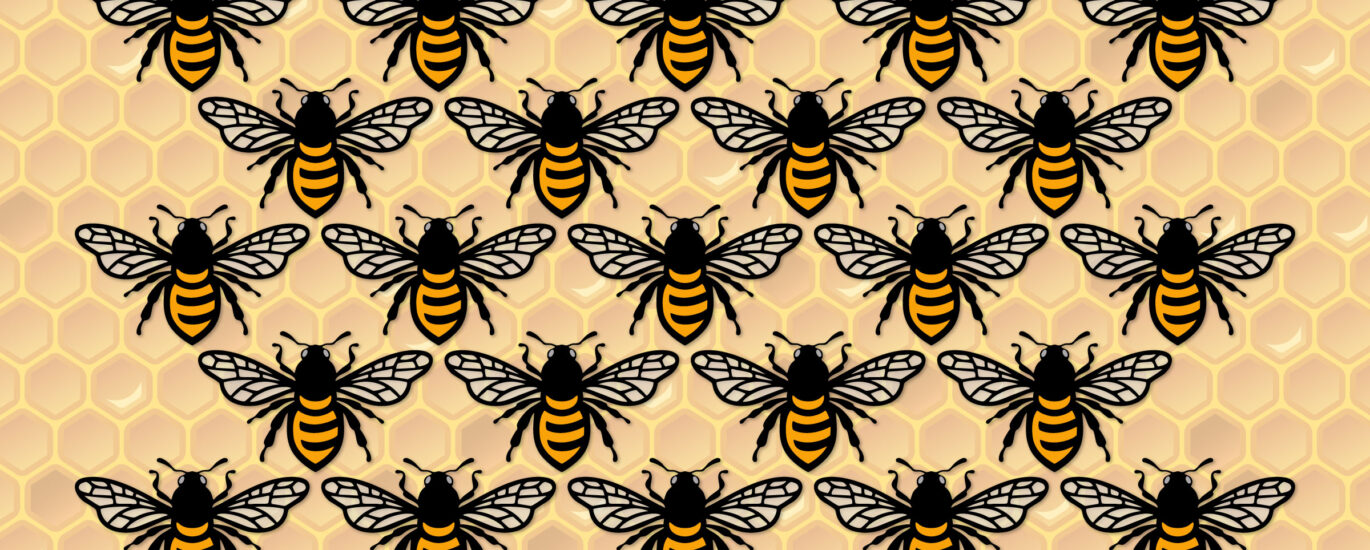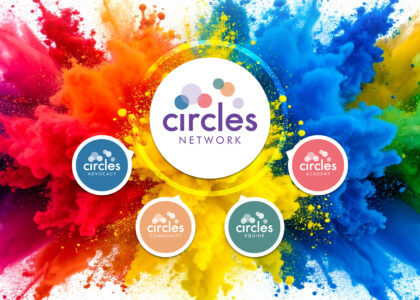Bee Inspired, Bee Aware, Bee Active.
The theme for World Bee Day this year, Bee inspired by nature to nourish us all, highlights the deep connection between pollinators and sustainable living. Bees offer a natural model of cooperation and balance and their survival is closely linked to our own.
Why Bees Matter
Bees and other pollinators such as butterflies, birds and bats are essential to more than three quarters of the world’s key food crops. Without them, we would see a drastic drop in the availability of many fruits, vegetables, nuts, and seeds. They are also vital for healthy ecosystems, supporting biodiversity and helping plants grow that prevent soil erosion, provide oxygen, and store carbon. A thriving pollinator population means healthier ecosystems, stronger food security and a more sustainable future.
A Growing Concern
Despite their importance, bees are under serious threat. Habitat destruction, climate change and unsustainable farming practices are driving down bee populations across the world. Other pressures include pollution, invasive species and the spread of diseases that weaken bee colonies. Bees are sensitive to environmental change, and their decline is an early warning sign that our ecosystems are under pressure.
The United Nations warns that this could threaten our food, our economy and the natural world. Without action, the damage will extend far beyond bees.
Global Action
Around the world countries like Slovenia and Ethiopia are leading the way with innovative approaches to tackle the decline in pollinators. Slovenia has pioneered “Bee Paths” and bee-friendly farming: Slovenia
while Ethiopia’s “Green Legacy” initiative has planted billions of trees to create rich habitats for pollinators: Ethiopia
These efforts will undoubtedly benefit biodiversity, food security, and livelihoods.
What You Can Do
You don’t have to be a beekeeper or a farmer to make a difference. Here are some simple steps you can take to help protect bees and other pollinators:
- Grow native plants that flower throughout the year
- Reduce the frequency of lawn mowing
- Create spaces for wild bees by leaving natural nesting spots or setting up bee houses
- Support local beekeepers by buying honey and other products
- Create a Buzz; talk to friends, neighbours, and schools about why bees matter
Bee The Difference
At Circles Network, we believe in building inclusive communities where everyone and everything has a role to play. Bees are natural partners in that vision, helping create a healthier, more sustainable world for all.
More information and resources can be found by visiting the United Nations World Bee Day page: www.un.org/en/observances/bee-day.
Bee active!!!







